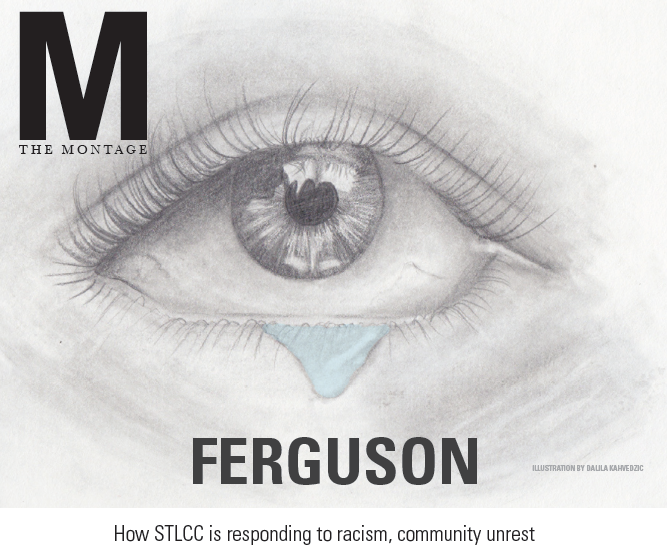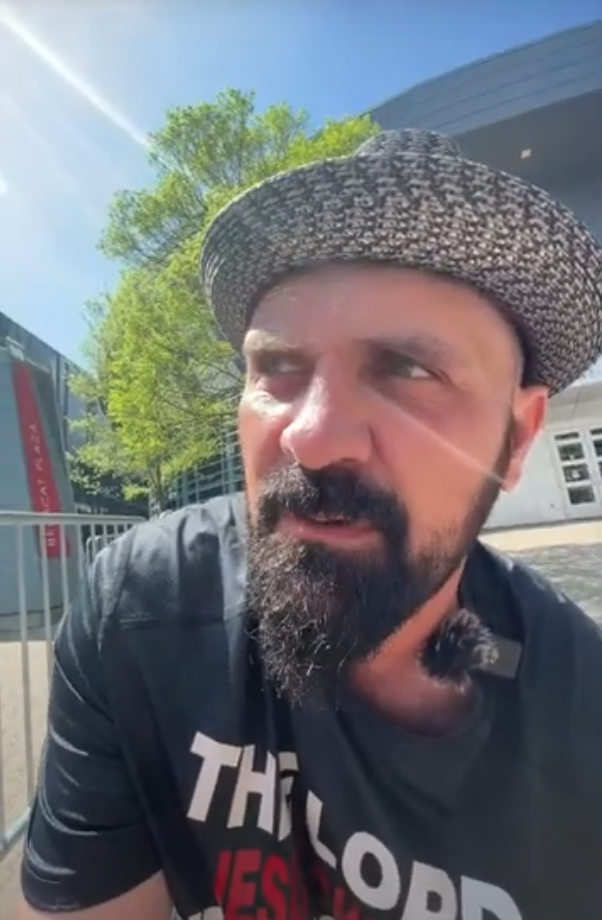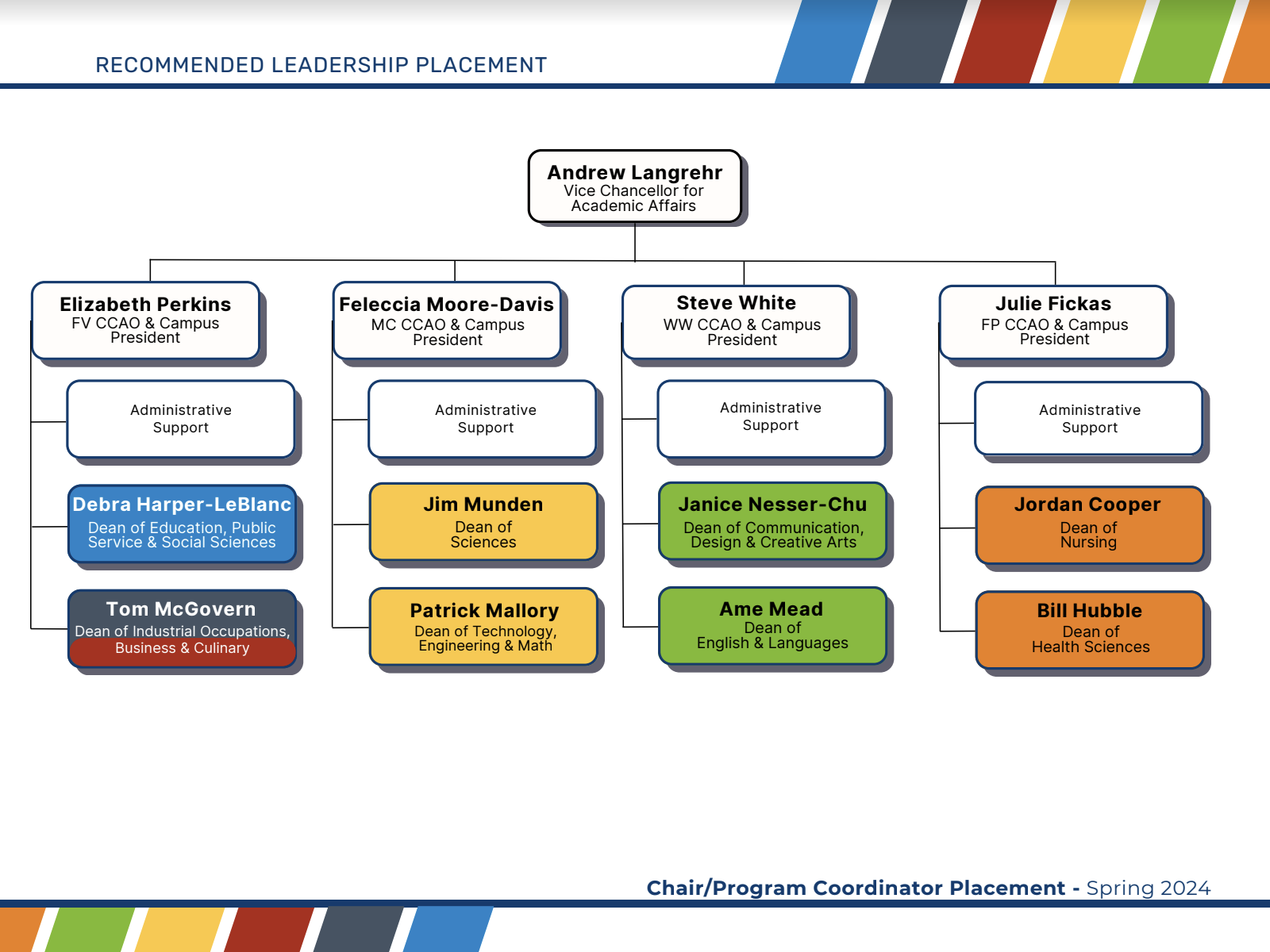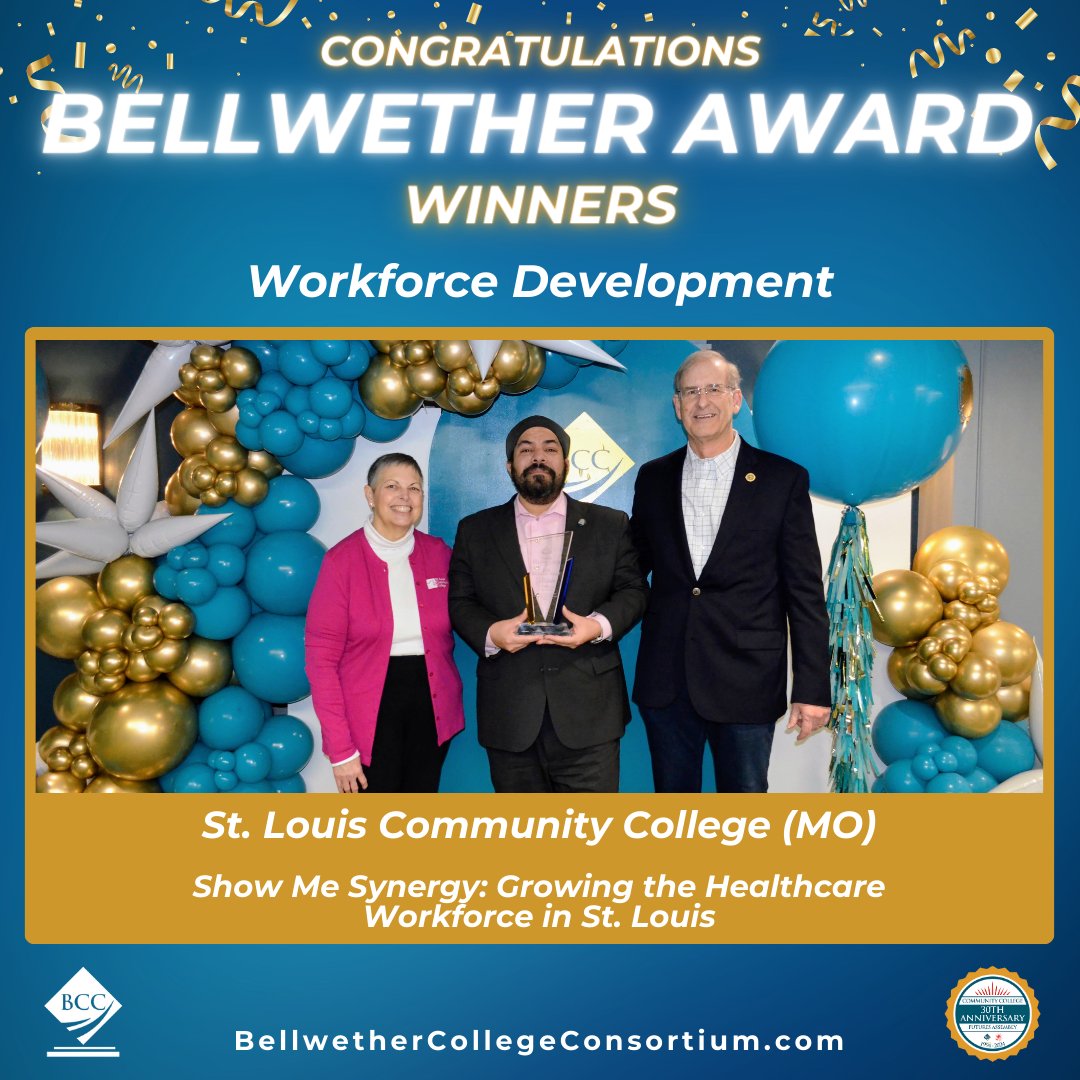Counseling services available for STLCC students, faculty and staff

By: Spencer Gleason
Editor in Chief
It has been two-and-a-half weeks since the Aug. 9 shooting of Michael Brown in Ferguson, Mo. Since then, raw emotion controlled some, while reflection was others’ approach. In the days that followed, Ferguson saw riots, looters and a worldwide coverage spotlight that hovered over St. Louis.
“Our St. Louis Community College family, the St. Louis area and the entire nation have been gripped by the events,” STLCC Vice Chancellor Donna Dare said in an email sent to students and staff on Aug. 22. “Throughout this ordeal, St. Louis Community College — collectively the largest college in the St. Louis region and one that serves the largest number of African-American students — has demonstrated its leadership and its steadfast commitment to continue to be a part of the solution to the problems that plague our region.”
The STLCC-Florissant Valley campus sits less than a five minute drive from the shooting and STLCC has sent out multiple emails to students and faculty, all across STLCC, letting them know there are many avenues of allowing their voices to be heard.
On Aug 21, STLCC-Florissant Valley hosted listening circles where student and staff could go to discuss the events. With the unrest still in progress, especially as more details come to light, students may need an outlet to express their concerns and fears. The listening circles and counseling offices on each campus are willing to provide this outlet, according to Dare.
“For many of them, their houses aren’t too far away from where this is going on,” STLCC-Meramec President Pam McIntyre said. “So [we’re trying to help with] what may be happening emotionally and thought-wise. It’s just a place where people can come and talk about things.”
Administration has encouraged the campus counselors to be available and to try to keep abreast of what’s going on, as well as supportive to anyone who has questions or concerns, said Harold Salmon, Meramec counselor.
“I would try to get them to describe their experiences and try to be supportive,” he said. “That person may have experienced blatant racism.”
The responses to the Ferguson events have prompted discussion and critical thinking about racism on college campuses and communities across the world, said Salmon.
“I don’t think the general population believes it is just a Ferguson issue because I think that the good thing about what’s going on is that it makes people stop and think, ‘how pervasive is racism,’” Salmon said. “I think a lot of people would answer that it’s very pervasive. We live in a culture where a lot of minorities are not given a break.”
Meramec student Zachary Conley said he has experienced blatant racism. Conley lives in South St. Louis. “When I was younger, my dad used to tell me, ‘If you’re outside at night, just try to keep your hoodie down.’ It’s happened to me before, where a cop would pull up and I’m wearing my hoodie and he would just ask me questions like, ‘What I’m doing? Where I’m going?’ But I’ve never been in any altercations or been hurt or in a cop car before. I’ve just been asked questions,” Conley said.
Many communities have the same issues – not just Ferguson, Salmon said.
wwww “I think what people can do, primarily, is start with oneself. Ask oneself if you’re aware of the racism, not only toward the African Americans, but toward various racial ethnic groups. ‘Do I really believe in fair play?’ And I think that’s the starting point.”
Although Salmon said he thinks headway has been made with racism, “we are far from resolving it.” It takes incidents like the Michael Brown shooting for people to talk about it, he said.
“Hopefully we’re chipping away [at racism],” Salmon said. “Maybe some people feel more comfortable at taking bigger steps than others and more power to those people. But most of us are hopefully chipping away.”
Students can contact the Meramec Counseling Department at 314-984- or stop by the office in Clark Hall.












